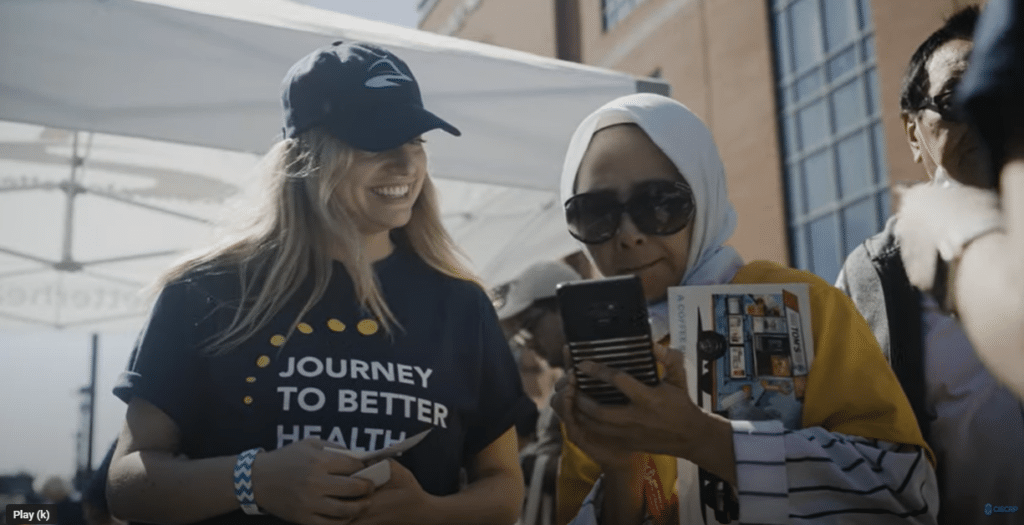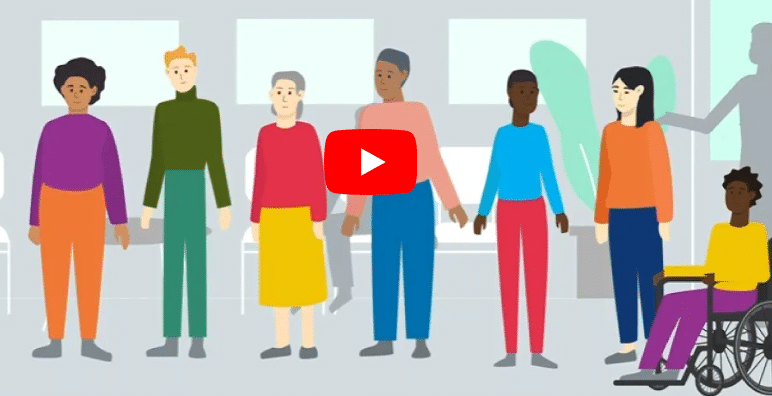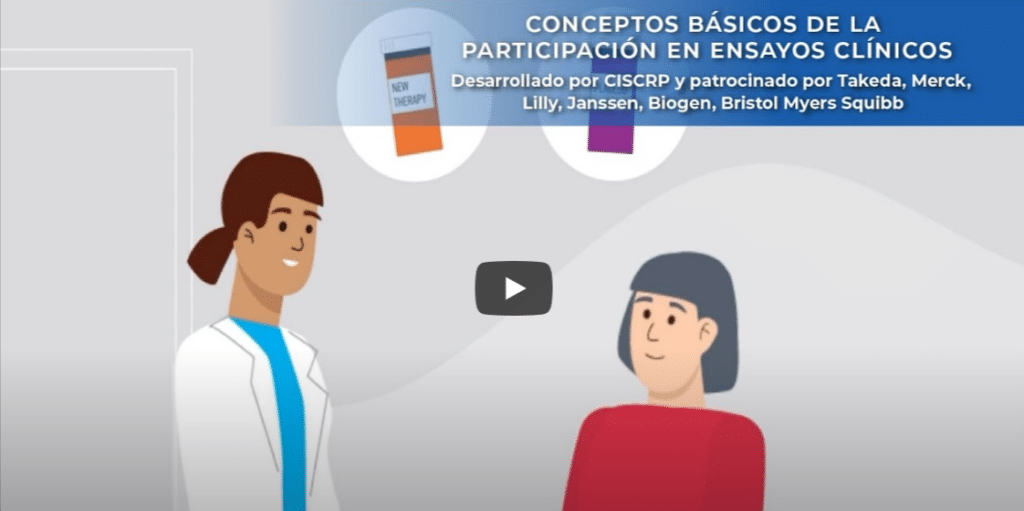By its very nature, clinical research must align with diversity, equity, and inclusion for it to be fair and representative. But the inclusion of people living with visible and invisible disabilities in clinical trials is often not the focus of the DEI discussion. Voices Yet to Be Heard: Including People with Disabilities in Clinical Research is a conversational webinar featuring a powerful panel of experts and advocates. Our panelists share their experiences participating in clinical research, accessibility challenges they have faced, and suggestions for systemic improvements.
Featuring:
- Pam Cusick, Senior Vice President, Rare Patient Voice
- Richie Kahn, Co-Founder & Principal at Canary Advisors
- Sabina Kineen, Rare Disease Patient, Caregiver, and Advocate
- Ash Rishi, Founder and Chair of the Board of Trustees, Demand Diversity



